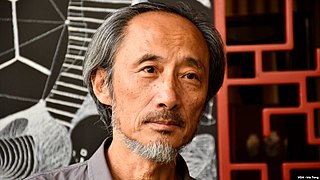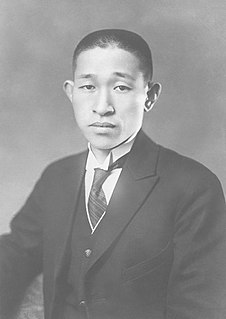A Quote by Alexander Haig
The world awaits Beijing's hosting of the 2008 Olympics, an occasion which will bring into the global spotlight the dramatic advances China is making in enhancing the quality of life for its people.
Related Quotes
I wanted to bring the book out right now because I think anyone who cares about Tibet knew there would be disturbances in the run up to the Olympics [2008]. Many Tibetans feel it's their last chance to broadcast their suffering and frustration and pain to the world before the Olympics take place and China is accepted as a modern nation and the world forgets about Tibet.
Hosting the Olympic Games of course guarantees the world's attention, but there is more to it than simply bathing in the global spotlight. Most importantly, host cities can use the opportunity to create a positive and lasting legacy, resulting in both tangible and intangible returns to local communities.
A man of meditation functions differently. Whatever profession he chooses, it does not matter. He will bring to his profession some quality of sacredness. He may be making shoes, or he may be cleaning the roads, but he will bring to his work some quality, some grace, some beauty, which is not possible without sam?dhi.
Well it did not make excessive sense to say that 20 million people are the recognized government of a billion people that have their own institutions. We did not change it in the sense that we said this has to end, but there was a U.N. vote that transferred the legitimacy of China from Taiwan to Beijing. Beijing was recognized as the government of all of China. Then, under President Carter, we followed what the U.N. had already done eight years earlier.

































